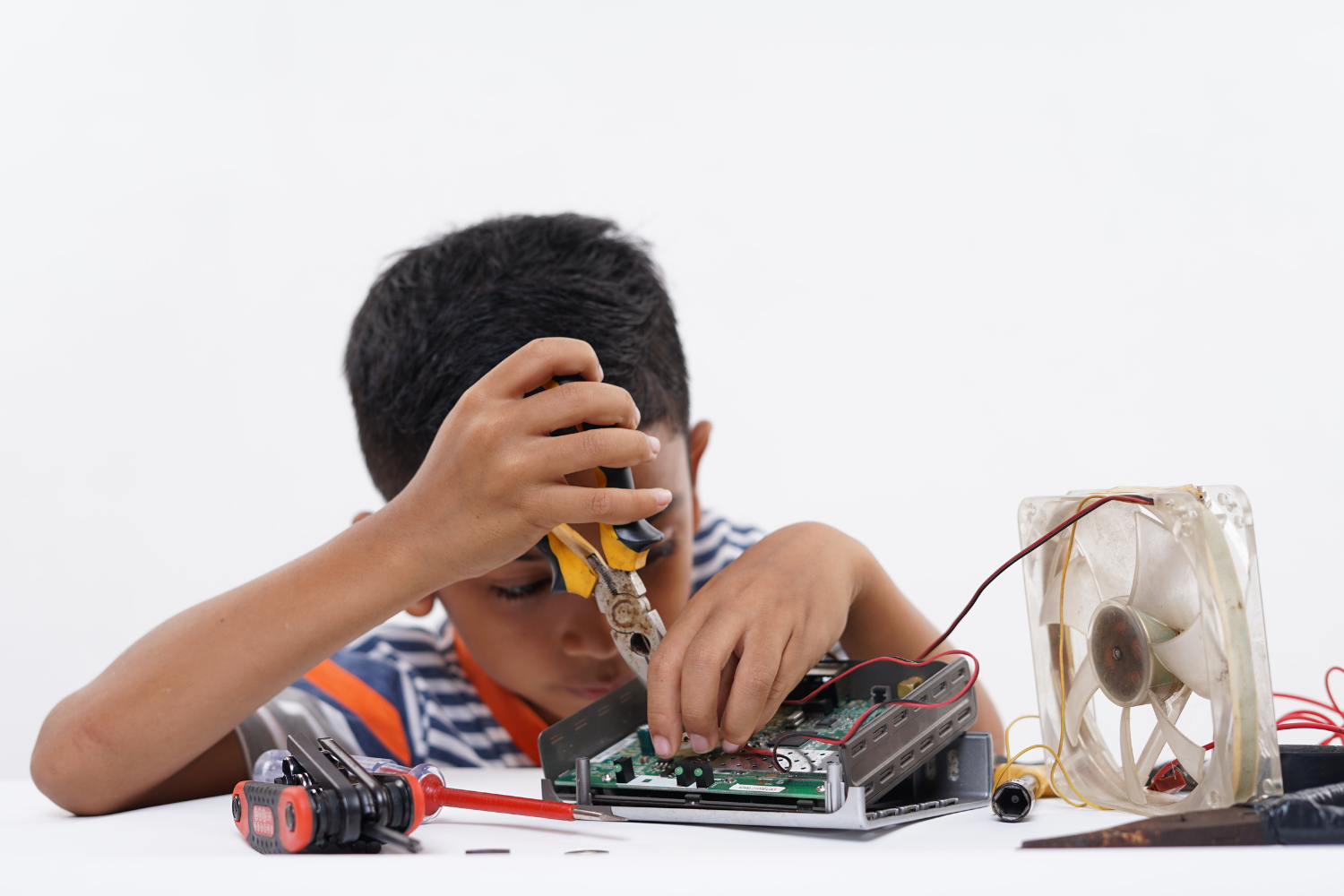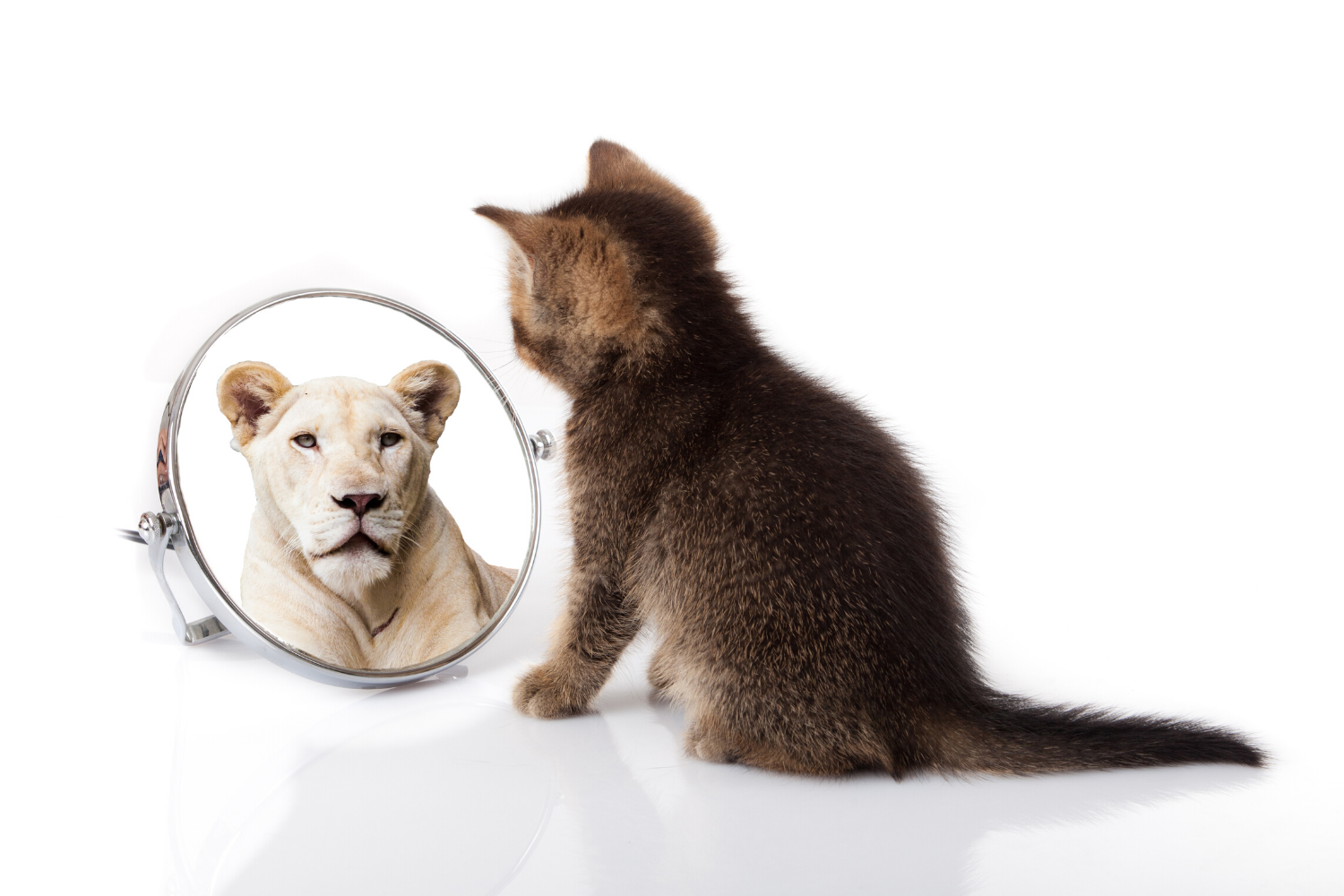5 Reasons Why You May Feel Overwhelmed and 30 Ways to Fix It
/As mothers, we tend to run ourselves ragged.
We forget that when we are exhausted and overwhelmed, we are less able to be present and in a good state of mind for those we love and who depend on us.
The truth is that we can only do so much as mothers; therefore, we do not want our children's memories of us to be that of a worn-out, exhausted parent because we are trying to do too much. To avoid this from happening, we need to organize our lives to eliminate the things that drain us unnecessarily and do more of the things that replenish us.
If you feel overwhelmed and worn out, it's a prudent time to take stock of your life and determine what is draining your energy.
Begin by asking yourself these five questions:
Have you taken on too much?
Are your extended family or friends draining your energy?
Are you and your husband at odd about things?
Are your children unruly?
Are you not taking the time to pursue your pre-motherhood interests?
What is it that is weighing you down? Sometimes it's a combination of things, but whatever is going on, you want to face it so you can determine how to break the cycle you're in and reclaim your life, restore your energy, and be present for your loved ones.
While you are raising your family, and even beyond, you want to focus first on your marriage and make sure that it is solid.
Then look to relationships beyond your family and determine which ones require too much of your time and energy. you have difficult or extremely needy people in your life, you will need to reduce or even eliminate the time you spend with these people.
And then look at your children and make sure you have not gotten into negative patterns with them because it can be exhausting to have disobedient and disrespectful children to deal with every day.
Remember the things you used to love to do before you had children. Maybe you loved to ride bikes or ride horses; maybe you had friends you went out to lunch with regularly; maybe you played a lot of tennis or went to music concerts; maybe you spent time reading or knitting. Whatever it is that you used to love doing, make the intention to bring some of it back into your world.
Just because you have children now doesn't mean your life has to be 100% devoted to them, 100% of the time.
The younger they are, the more they will need you, but as they get older you should be able to weave into your day more and more of the time you need to stay fresh and upbeat.
Also, you don't want your children to see you as someone who has no other interests besides them. Be someone who is interesting to them, so they are interested in you.
Find things to do that replenish energy and good spirit, and you will find you have more of yourself to give.
Children pick up on our moods, and even though they can't intellectualize them, they do feel them. Engaging yourself in other pursuits a few times a week does not make them feel less loved.
If your child had a choice, he would tell you to go out and do something you enjoy if that means you will be more present and happier when you are together.
As we want our children to be of good cheer, they want the same of us. Our children want to feel secure in knowing that we are happy to be their parent.
For 30 ways to fix your overwhelm, download a free copy of 30 Things a Mother Can Do To Feel Cheerful.
Don’t miss our free download, Ten Books Every Well-Educated Child Should Read.
Become a Smart Homeschooler, literally, and give your child a first-rate, screen-free education at home and enjoy doing it. Join the Smart Homeschooler Academy online course.
For parents of children under age seven, Raise Your Child Well to Live a Triumphant Life, is where you want to start.
Elizabeth Y. Hanson is an educator, veteran homeschooler, a lover of the classics, and a Love and Leadership certified parenting coach with 19 years of experience working in children’s education.
Utilizing her unusual skill set, coupled with the unique mentors she was fortunate to have, Elizabeth has developed a comprehensive understanding of how to raise and educate a child. She devotes her time to helping parents get it right.
Disclaimer: This is not a politically-correct blog.






























































































